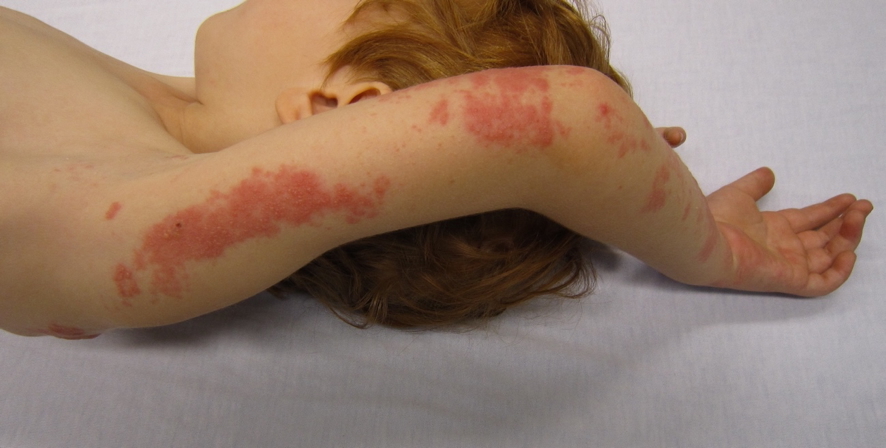Table of Contents
Overview – Herpetic Neuralgia
Herpetic neuralgia (commonly known as shingles) is a painful reactivation of the Varicella-Zoster Virus (VZV), typically occurring years after primary infection (chickenpox). The virus lies dormant in neural ganglia and re-emerges under triggers like stress, sunlight, or immunosuppression. It presents as burning pain and vesicular lesions in a dermatomal distribution and may lead to chronic neuropathic pain (postherpetic neuralgia), especially in older adults.
Definition
- Herpetic Neuralgia = Neuropathic pain associated with reactivated Herpes Zoster (VZV).
- Also known as shingles.
- Postherpetic neuralgia = persistent pain >3 months after the rash resolves.
Aetiology
- Reactivation of latent Herpes Zoster Virus (VZV)
- Triggers:
- Immunosuppression
- Stress
- UV exposure
- Advanced age
Pathogenesis
- VZV remains latent in dorsal root or cranial nerve ganglia.
- Triggered reactivation → viral replication → virus migrates down sensory axons
- → Painful inflammation and vesicular eruption in the affected dermatome
- Most commonly affects:
- Thoracic dermatomes
- Trigeminal nerve (especially ophthalmic division)


Morphology
- Erythematous, vesicular rash strictly confined to a unilateral dermatome
- No crossing of midline
- May show crusting and scabbing in later stages
Clinical Features
- Prodrome (1–3 days):
- Burning, tingling, or hyperalgesia in the dermatome
- Acute Phase (2–4 weeks):
- Painful, grouped vesicular lesions
- Erythematous base in a dermatomal pattern
- Complications:
- Postherpetic neuralgia (PHN)
- Superinfection of lesions
- Vision loss (if ophthalmic branch of CN V involved)
- Ramsay Hunt syndrome (facial palsy + vesicles in ear)




Investigations
- Clinical diagnosis is typically sufficient
- Confirmatory:
- PCR or direct fluorescent antibody test (DFA) on lesion sample
- Tzanck smear (non-specific; shows multinucleated giant cells)
Management
Antivirals
- Famciclovir or Valaciclovir
- Most effective if started within 72 hours of rash onset
- Shorten duration and reduce risk of postherpetic neuralgia
Pain Control
- Neuropathic agents:
- Tricyclic antidepressants (e.g. amitriptyline)
- Anticonvulsants (e.g. gabapentin, pregabalin)
- Topical agents:
- Lidocaine 5% patches
- Capsaicin cream
- Others:
- NSAIDs or opioids if pain is severe
Prevention
- Zoster Vaccine (e.g. Shingrix®):
- Recommended for adults >50 years
- Strongly reduces risk of shingles and postherpetic neuralgia
Summary – Herpetic Neuralgia
Herpetic neuralgia (shingles) is caused by reactivation of latent Herpes Zoster virus and manifests as painful vesicular rash in a dermatomal pattern. Prompt antiviral therapy and pain management are essential to reduce complications like postherpetic neuralgia. For a broader context, see our Nervous System Overview.